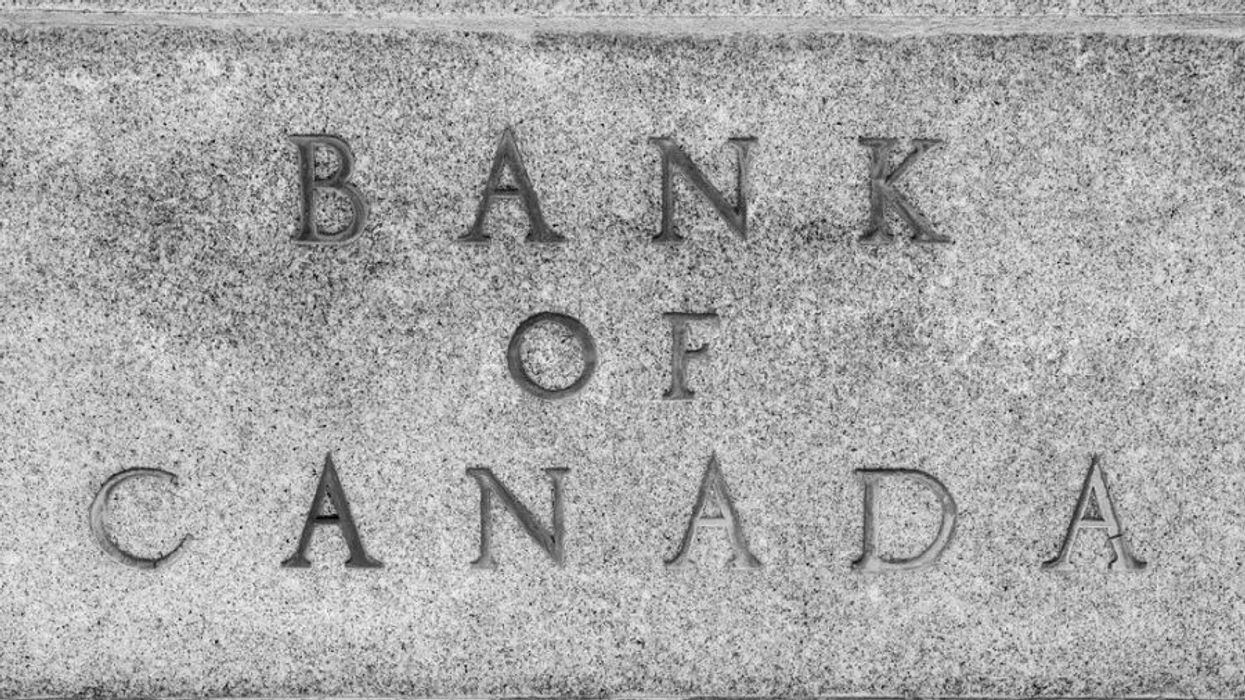The Bank of Canada (BoC) will bring its aggressive rate hike cycle to a close in September with a final 0.75% increase, says CIBC’s Managing Director Ian Pollick.
In a note sent out to clients, Pollick forecasts that a 75-basis-point increase will come at the BoC's next meeting, bringing the overnight rate to 3.25%.
"If we are correct, then the 'big' shoe to drop is in effect October, given that the market continues to expect roughly 50bps of hikes into Q4," Pollick writes. “We anticipate that the September statement will lean towards data dependence rather than outright rhetoric suggesting rates will ‘rise further’ as seen in the July statement. For this reason, if we are correct that the bank is entering a period of inertia in Q4, it is very likely that market sensitivity will shift away from central bank signalling and towards data -- predominantly inflation, but to a lesser extent growth.”
Pollick goes on to say that even amidst changing market priorities, the rate hike will have "very minimal impact" on flattening yield curves, writing that "we do not expect a market shift in light of a narrative shift."
The BoC's aggressive rate hikes thus far have brought the overnight lending rate up from its historic low of 0.25% to 2.5%, with the most recent hike in July responsible for 1% of that growth. Housing markets all across Canada have cooled over the past several months, and inflation, although still well above the BoC target rate, is slowing. In July, Canada's inflation rate hit 7.6% -- down from June's 40-year record of 8.1%.
Despite several leading economists forecasting a minor to moderate recession in early 2023, a recent BMO release saying that Canada's housing market is entering bear territory, and a TD report predicting a 25% drop in home prices across Canada, CIBC says that higher interest rates are "hardly fatal."
In a report released last week, CIBC argues that although a rapid accumulation of mortgage debt in the years prior to the pandemic, and even faster accumulation during the pandemic housing boom, has made households more sensitive to higher interest rates, they are not in a position where the rates will have an overwhelming, widespread effect.
“There’s no doubt that for a subset of households, higher interest and rent payments will be much more painful than the average number, but from a macro perspective, the sting is hardly fatal,” the report reads.





















